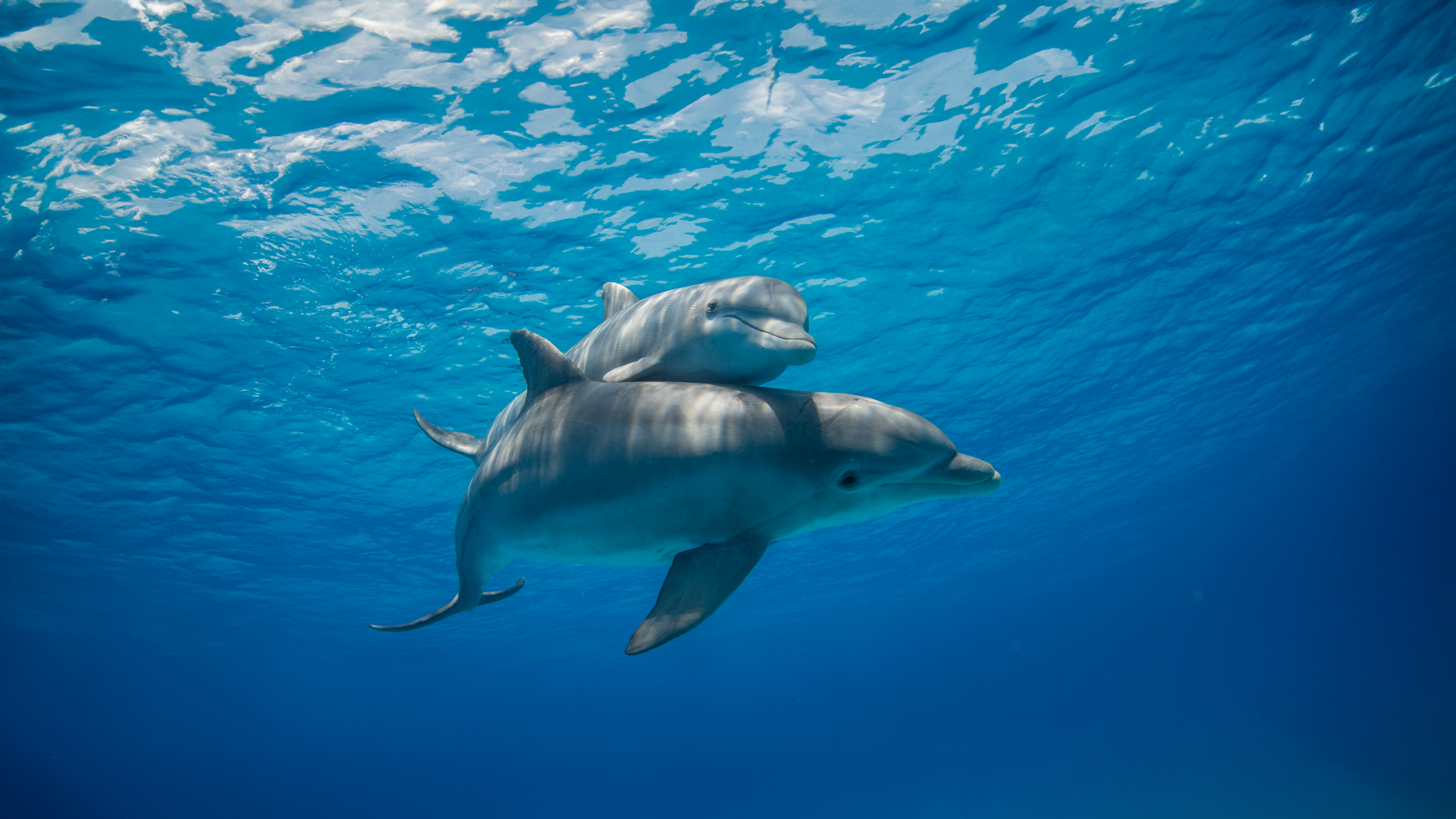Pacific Environment launches clean shipping advocacy in Japan
Since its founding in 1987, Pacific Environment has been building power with local communities across the Pacific Rim to protect our oceans, marine life and public health. While our Climate Team has been working to advance clean shipping in Singapore, the Republic of Korea and China, we are now extending our efforts into Japan to expand our Zero Emission Shipping initiatives.
Japan, as an island nation, relies on maritime transportation for more than 99% of its imports and exports by volume. It is one of the top three shipbuilding countries in the world, behind China and South Korea. We have expanded our initiatives into Japan to support its local port leaders and policymakers in their efforts to decarbonize the maritime sector and ports, building on our successful efforts in California and our extensive network throughout the Pacific Rim.

In 2020, Japan declared its aim to reduce greenhouse gas emissions to achieve net-zero by 2050 to address climate change. Soon after, the Ministry of Land, Infrastructure, Transport and Tourism launched the Carbon Neutral Port initiative. The Carbon Neutral Port initiative aims to decarbonize terminal operations and develop infrastructure to accommodate hydrogen and ammonia at ports.
To gain further insight into Japan’s endeavors to decarbonize its ports and shipping sector, our team — comprising our new Japan Climate Specialist, Katsunori Hirano, our Senior Director of the Climate Campaign, Erika Thi Patterson, and our Senior Partnerships and Program Manager, Carolina Velasquez — visited a diverse range of public, private, academic and nonprofit stakeholders, including officials from the national government and the municipal government of Yokohama.
During the meeting with the municipal government of Yokohama, the primary authority managing the Port of Yokohama in Tokyo Bay, our team learned that the Port of Yokohama has been involved in numerous exciting and ambitious initiatives aimed at achieving port decarbonization. Their latest project explores the possibility of supplying the Port with green electricity generated by offshore wind power and transported to the Port via battery tankers.

Our team also witnessed two innovative business models in Tokyo. One model is a joint venture firm formed by multiple major Japanese corporations. These companies are keen to focus on digital solutions and digital transformation to enhance efficiency and optimize shipping operations while also developing and commercializing electric propulsion systems for vessels. The other model focuses on the corporate venture capital arm of a leading Japanese shipping and logistics company. They are prioritizing building collaboration and developing new business opportunities, looking to invest into cutting-edge technologies. Currently, they’re working on disseminating ever-progressing electrification technology into port infrastructure across Japan and investing in startups that develop cutting-edge decarbonization technologies.
All the stakeholders that we met showed strong interest in learning more about the partnerships that Pacific Environment has established with port authorities and other stakeholders across the Pacific Rim. Notably, the Port of Yokohama expressed enthusiasm to work together with equally ambitious port authorities for peer-learning exchanges and collaborative research.
Pacific Environment is committed to providing continuous support to visionary port authorities, such as the Port of Yokohama, as they work toward their goal to transition to carbon neutral ports. We are excited to strengthen our collaborations with our existing global partners and forge new partnerships with prospective partners in Japan. Together, we hope to foster cooperation between port authorities and other stakeholders, as well as support them in achieving ambitious clean shipping goals with a focus on establishing carbon neutral ports and developing green shipping corridors.



